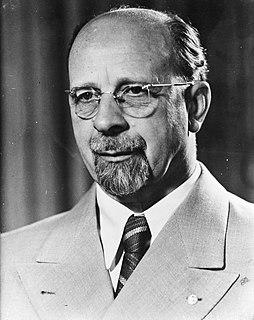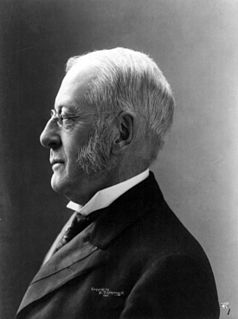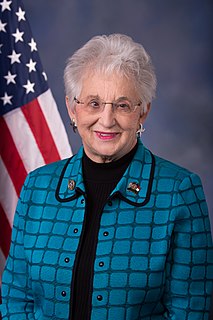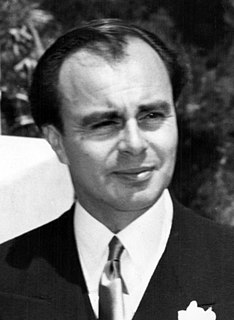A Quote by Kim Jong-un
Past records of inter-Korean relations show that confrontation between fellow countrymen leads to nothing but war.
Related Quotes
When I grew up, in Taiwan, the Korean War was seen as a good war, where America protected Asia. It was sort of an extension of World War II. And it was, of course, the peak of the Cold War. People in Taiwan were generally proAmerican. The Korean War made Japan. And then the Vietnam War made Taiwan. There is some truth to that.
With a book called 'Keeping Score,' I really did want to write a book about the Korean War, because I felt that it is the least understood war in the American cultural imagination. So I set out with the idea that Americans didn't know much about the Korean War and that I was going to try to fix a tiny bit of that.
We don't want to impose our solutions by force, we want to create a democratic space. We don't see armed struggle in the classic sense of previous guerrilla wars, that is as the only way and the only all-powerful truth around which everything is organized. In a war, the decisive thing is not the military confrontation but the politics at stake in the confrontation. We didn't go to war to kill or be killed. We went to war in order to be heard.
During the periods when South Korea played a more active role, the inter-Korean relationship was more peaceful, and there was less tension between the United States and North Korea. The last U.S. administration pursued a policy of strategic patience and did not make any effort to improve its relationship with North Korea. Also, the previous Korean government did not make any such efforts. The result is the reality you see today - North Korea continuing to advance its nuclear and missile program.
The mutability of the past is the central tenet of Ingsoc. Past events, it is argued, have no objective existance, but survive only in written records and in human memories. The past is whatever the records and the memories agree upon. And since the Party is in full control of all records, and in equally full control of the minds of its members, it follows that the past is whatever the Party chooses to make it.
We're not all the same. A common liberal refrain is that differences between individuals are statistically more significant than those between cultural, ethnic, and racial groups. I don't see why the fact of inter-individual differences would nullify inter-group variance. That's liberal logic for you.








































